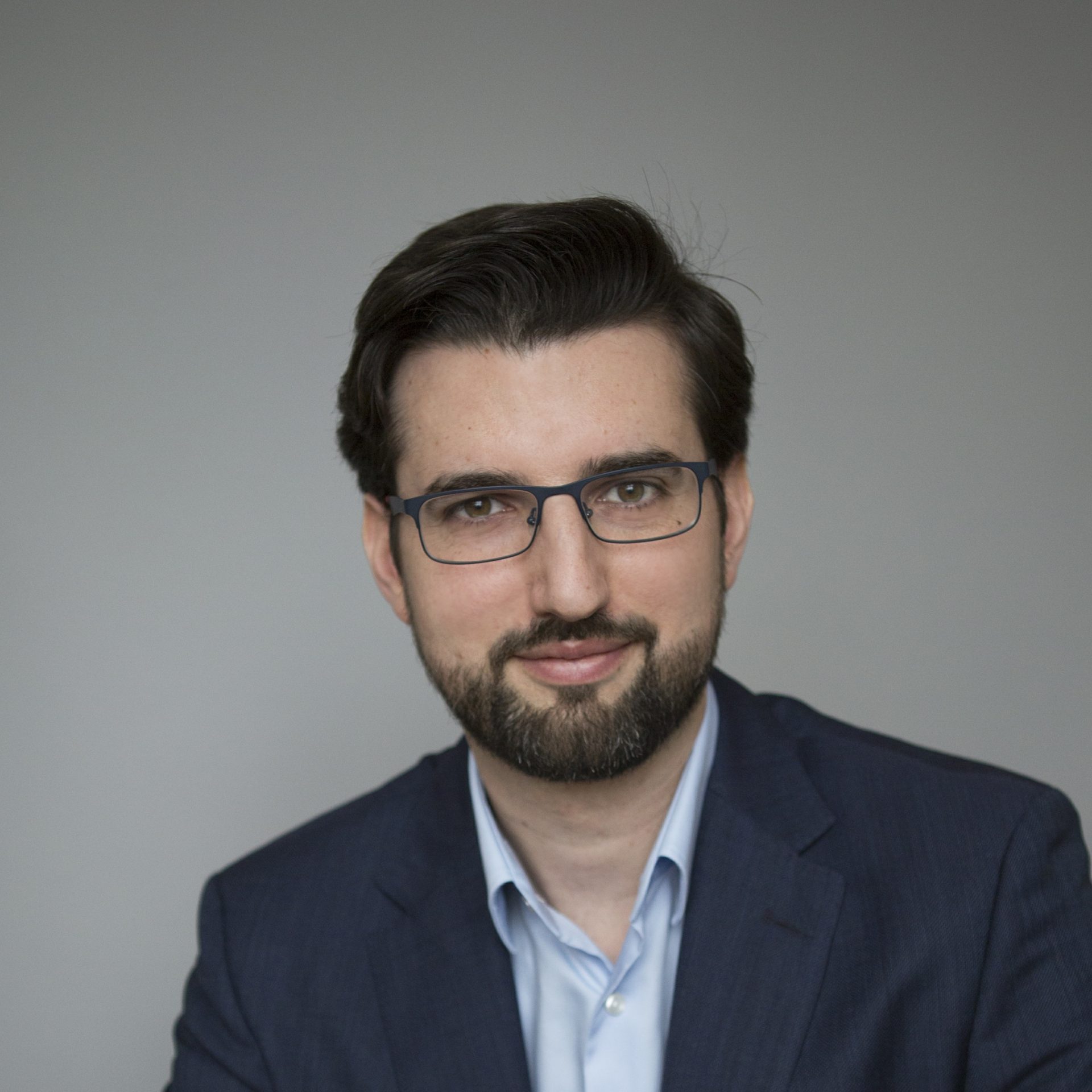
Dr Sergio Ioppolo
About
Dr. Sergio Ioppolo is an astrochemist who has an established national and international reputation for conducting novel and pioneering experiments in the field of Molecular Astrophysics. Sergio’s research career began during his MSc in Physics and Astrophysics at Catania University (Italy) with a thesis work in laboratory for astrochemistry. In December 2010, he was awarded a PhD in Astronomy at Leiden University (Netherlands) with a thesis supervised by Prof. Linnartz (experimentalist) and Prof. van Dishoeck (astronomer – Kavli Prize Laureate 2018). Sergio’s PhD work focused on understanding the chemical origin of water, methanol and carbon dioxide in space. This work had a major impact on the interpretation of interstellar ice observations. For that he was awarded the 2011 Dick Stufkens prize of the Holland Research School of Molecular Chemistry (HRSMC).
During his first postdoctoral position in Leiden, Sergio developed a novel UHV system specifically designed to investigate the formation of complex organic molecules in space (SURFRESIDE2). In 2011, Sergio was awarded the Niels Stensen Fellowship and a Marie Curie IOF, which he both held at Caltech (USA), where he applied novel THz spectroscopic techniques to study interstellar ices. In 2014, the return phase of my Marie Curie programme was carried-out at the Institute of Molecules and Materials within the group of Prof. Cuppen and at the free-electron laser FELIX Laboratory facility of the Radboud University Nijmegen (Netherlands).
Research interests
Since the beginning of his Royal Society University Research Fellowship at the Open University (UK) in 2015, he has engaged in a series of activities to establish himself amongst the UK Astrophysics and THz communities whilst continuing to maintain links and collaborations across Europe and USA. For his collaboration with the Leiden Laboratory for Astrophysics group, he was awarded the HRSMC Fellowships in 2015 and 2017. As a research leader of the Laboratory Astrophysics at the OU, Sergio transformed the lab-space into a user-facility for the investigation of physical-chemical systems relevant to Space Sciences. At the same time, he led international teams in new research projects at the international FELIX Laboratory (Netherlands), RAL Space (UK), and ASTRID2 (Denmark) facilities. Since 2016, Sergio is an ordinary member of the Astrophysical Chemistry Group of the Royal Society of Chemistry and Royal Astronomical Society committee. In 2017, he moved to QMUL as a lecturer within the Antennas & Electromagnetics Research group to further develop his link to the UK THz laboratory community.
Sergio is currently the head scientist and sole responsible for the Laboratory Ice Surface Astrophysics (LISA) end-station at FELIX Laboratory (Netherlands). In partnership with other international groups, he leads and manages the Ice Chemistry for Astrophysics (ICA) at ATOMKI (Hungary), and the Portable Astrochemistry Chamber (PAC) at ISA ASTRID2 (Denmark). He is an external collaborator of the SURFRESIDE Team in the Netherlands and the InterCat in Denmark.